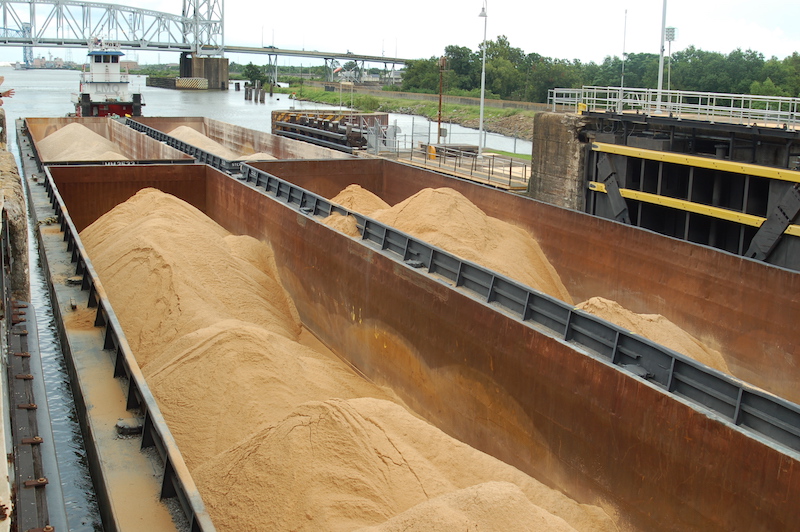Congress adjourned this week without passing a new pandemic aid bill that has been derailed by disputes over a liability protection for businesses against Covid-19 lawsuits that is favored by the maritime industry.
The so-called liability shield’s future could very well be influenced by next Tuesday’s election results.
The provision intends to discourage employees and trial lawyers from filing “frivolous” coronavirus-related workplace complaints that could become costly to businesses as they rebound and reopen.
Under the proposal, an employer would only be liable in cases of “gross negligence and intentional misconduct,” which would place a higher burden on workers to provide such evidence. Protection would be temporary — for five years — as long as businesses make reasonable efforts to protect their workers.
The American Waterways Operators, which represents the inland tug and barge industry, is among many other industry supporters of the provision.
“The legislation would provide relief from Covid-19 exposure claims by holding those claims to a clear and convincing evidence standard. At the same time, it would maintain traditional remedies (such as maintenance and cure and unseaworthiness) available to U.S. seafarers under existing law.” explained Craig Montesano, AWO’s vice president, legislative affairs.
Differences over including the provision was a major stumbling block in passing the Covid-19 relief package, which includes expanded aid for millions of financially strapped families as well as struggling small businesses.
House Democrats opposed the liability shield, while Senate Republicans, particularly Senate Majority Leader Mitch McConnell, R-Ky, insisted that a stimulus deal would not move forward without it.
Backed by trial lawyers and unions, Democrats say they won’t support a measure that limits a worker’s right to sue and that might permit wrongdoings to go unpunished. They further argue that the shield could encourage businesses to reopen in unsafe conditions.
Republicans say that the shield is essential to protect employers that act in good faith to provide safe workplaces, and that unfair lawsuits could slow the national economic recovery by discouraging businesses from reopening and possibly bankrupting many that do.
In the end, neither side would compromise, and the stimulus bill was put on hold until after Congress reconvenes on Nov. 9.
AWO hopes that Sen. McConnell can pull off a stimulus bill win that includes the liability protection during a lame duck session before the end of the year.
“We have positioned ourselves well,” Jennifer Carpenter, president and CEO of AWO, said. “The language on the table does what it needs to do” for the maritime industry.
“I think we’ll get a sense quickly post-election, if Congress will have a productive lame duck or whether there’s a different political calculus. No matter the election results, McConnell will be an important voice in determining what gets done this year.”
If that doesn’t work, the measure would be pushed off to 2021. Its fate would likely depend on the election results, with its chances improving if Republicans win big next Tuesday but weakening if Democrats take the White House and the Senate.




